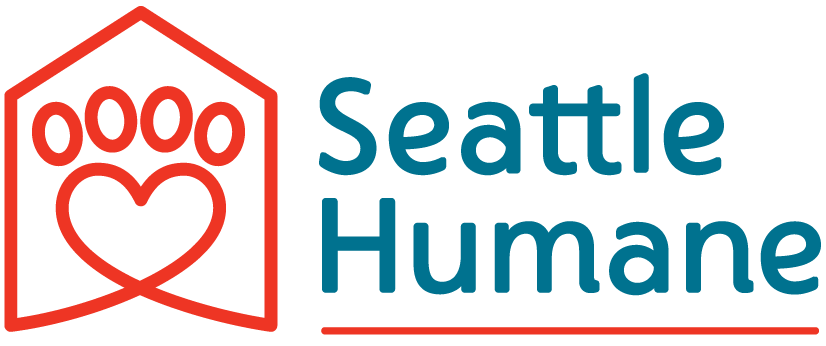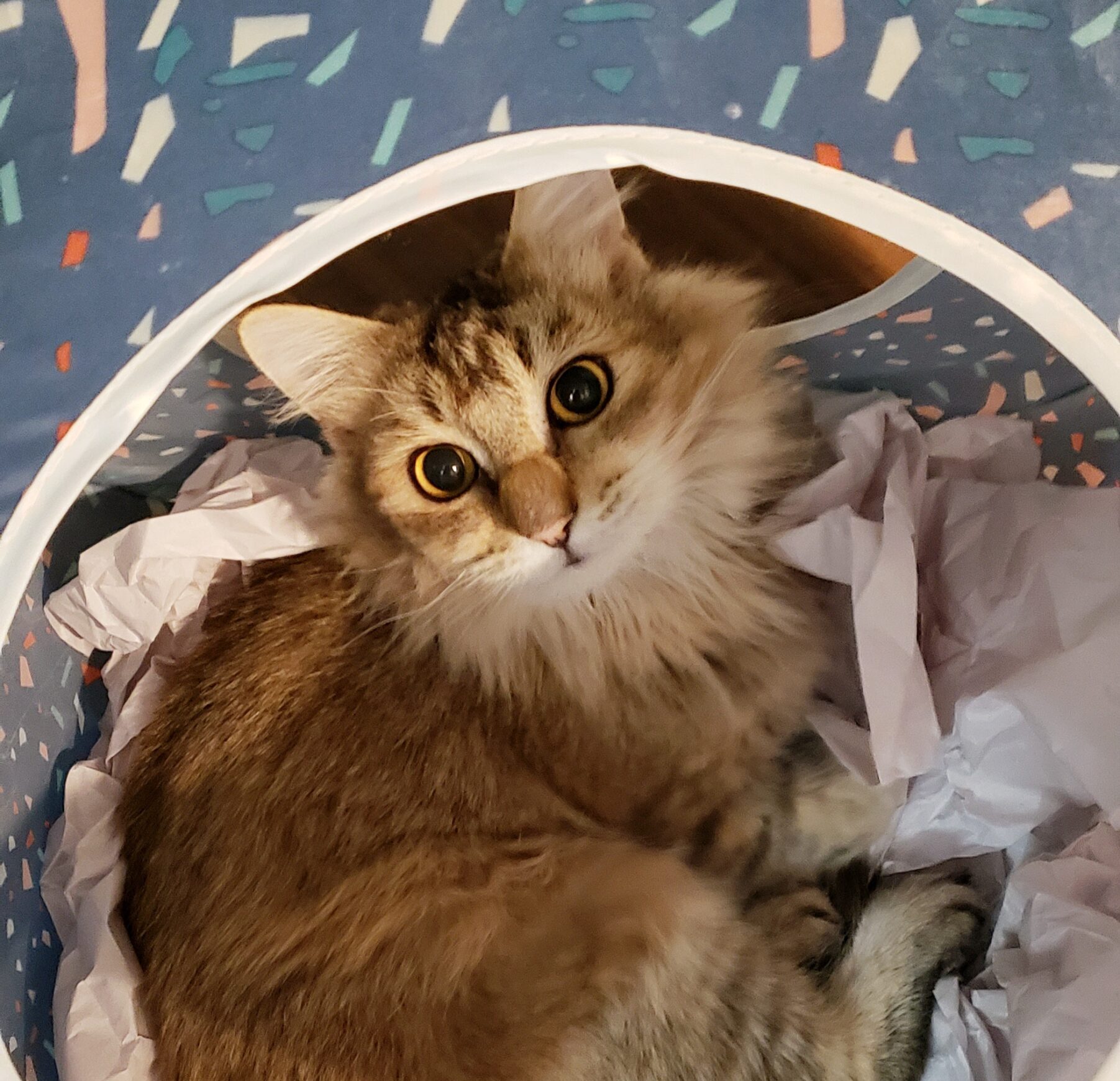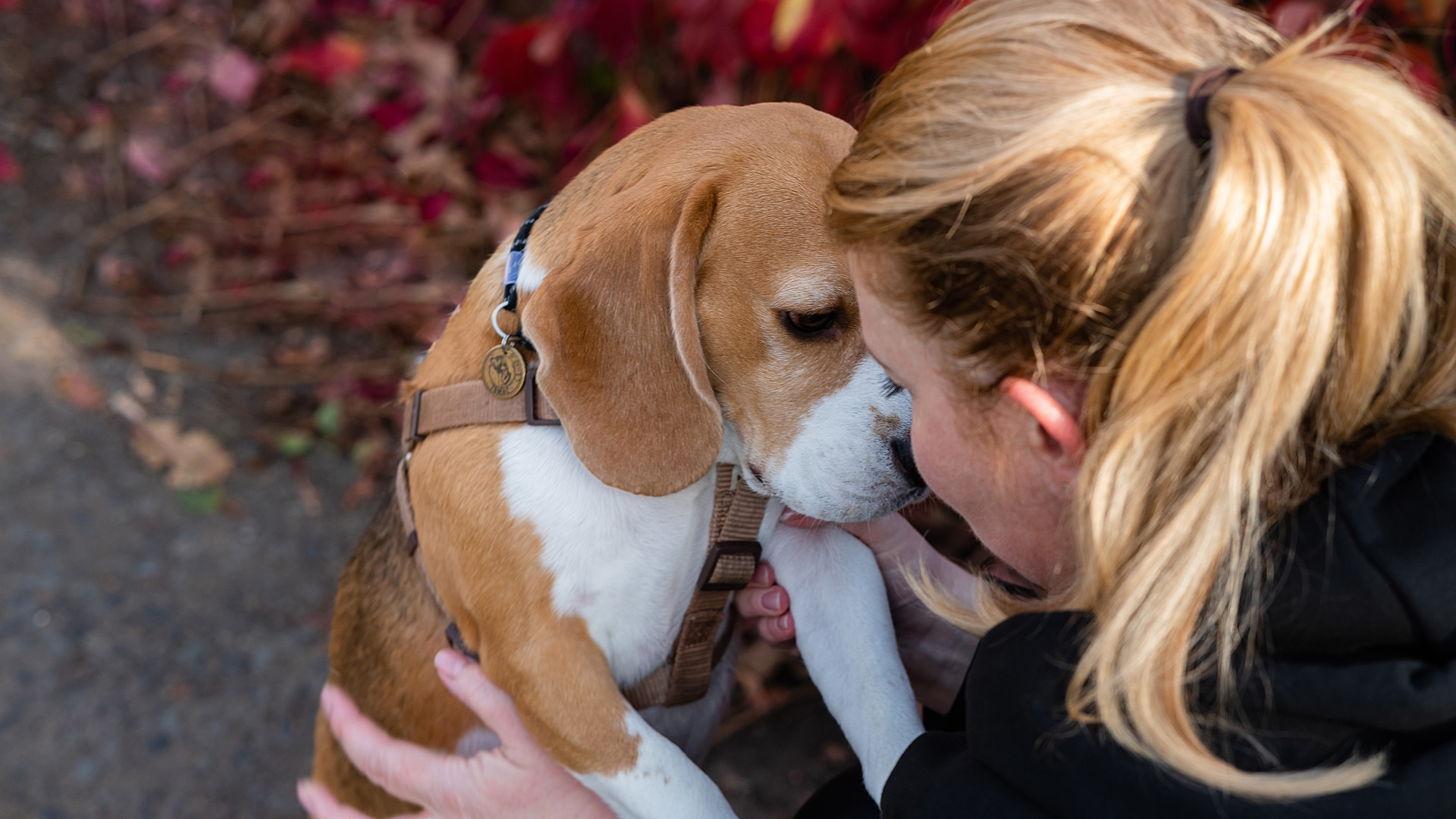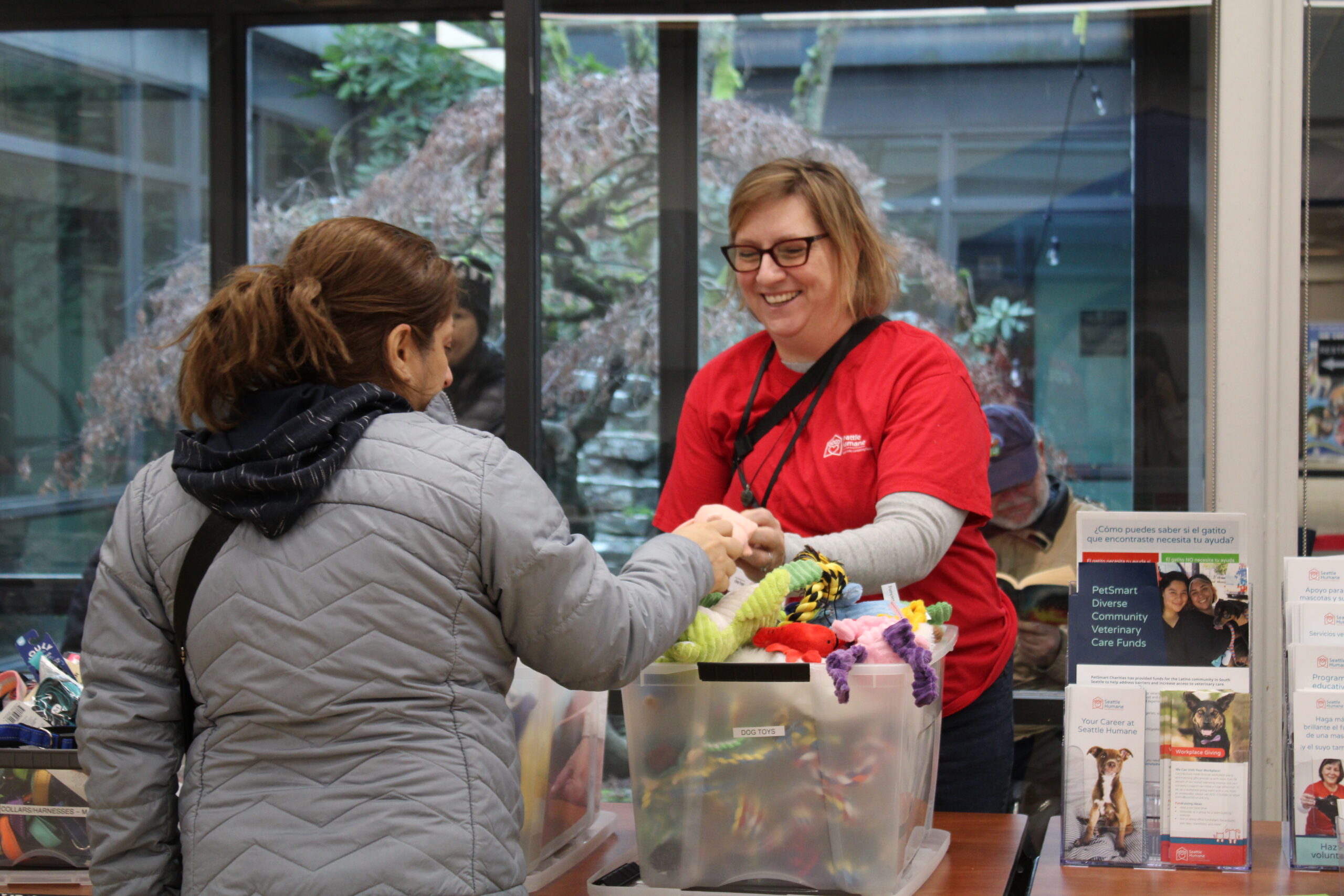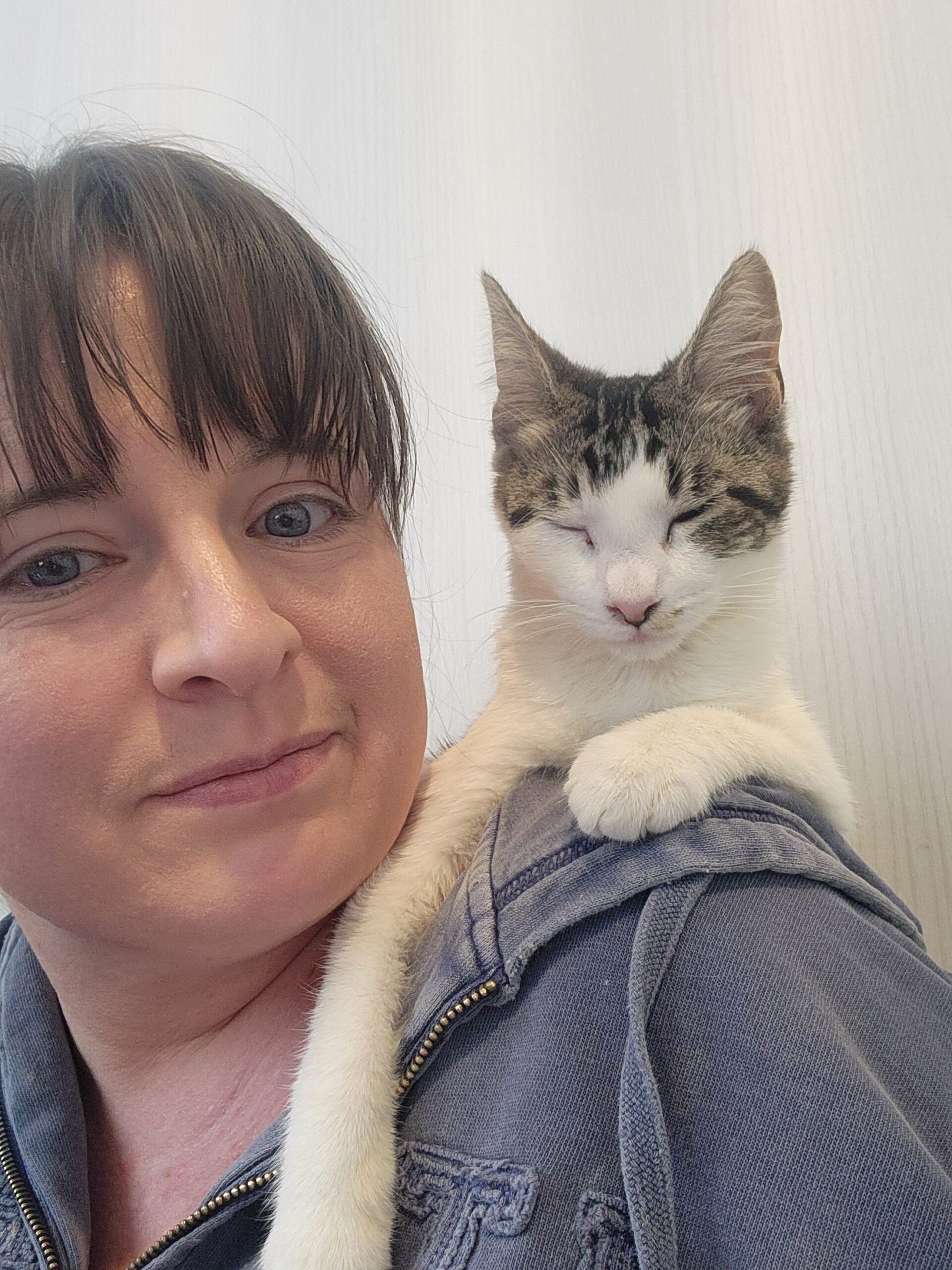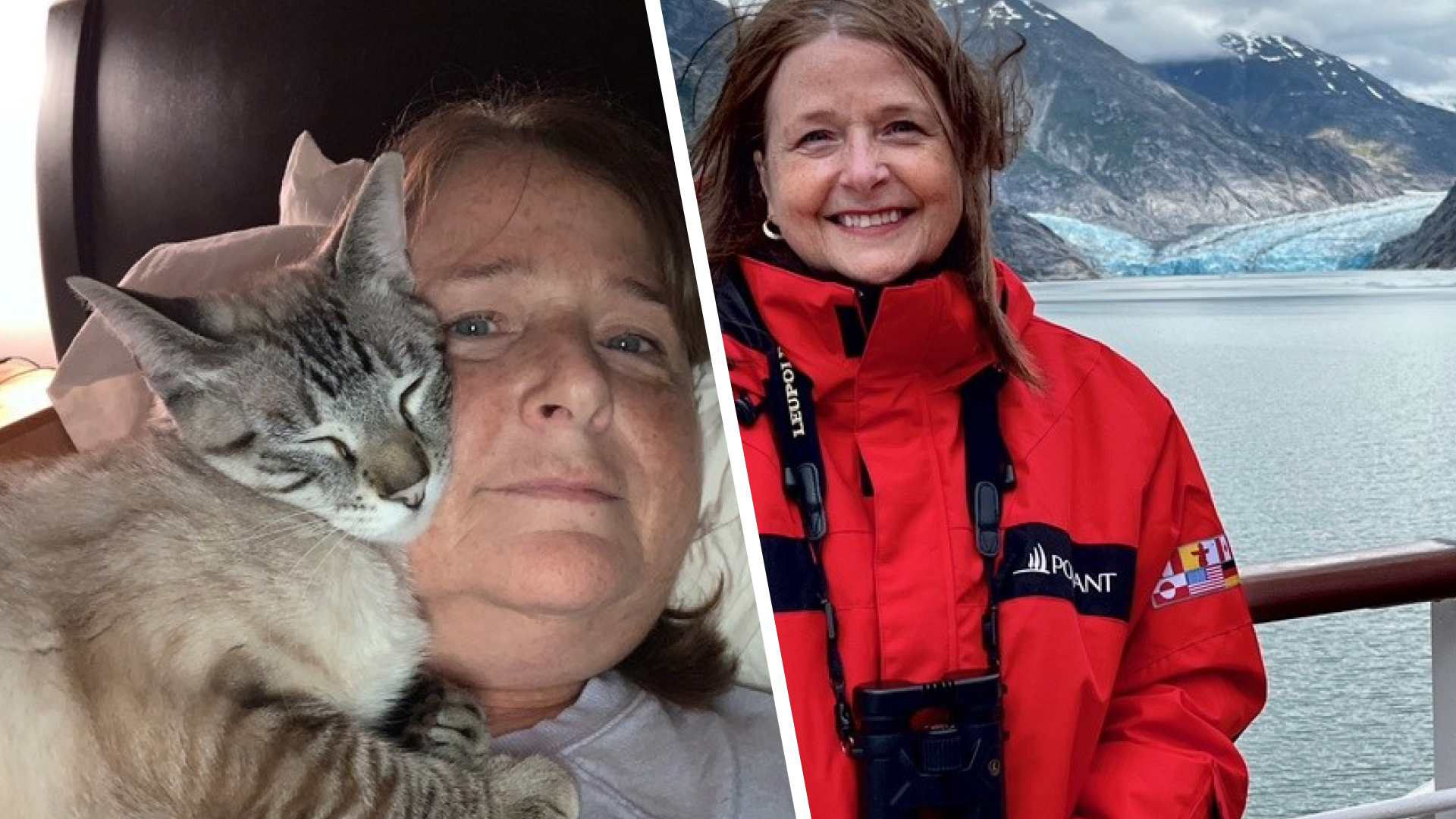We would like to address our work and communications with shelter partners as it relates to the wildfires raging across Washington and other West Coast communities, the destructive hurricane events on the East Coast, and during the past six months of the COVID-19 pandemic.
I’m sharing the following information to provide everyone with a better picture of the level of transfer requests we’ve received in the wake of these natural disasters, the need we’ve seen during the past six months of our COVID-19 response, and how our shelter partners are weathering multiple storms. We want to assure you that we continue to be available for natural disaster assistance, as we have been in the past.
So far, we have not received any requests for disaster relief from Washington shelters but we continue to check in with our partners across the state. We have received our usual requests from our shelter partners across the state, and that includes 10 this week. Two out-of-state requests for support we received this week were not related to any natural disasters.
The Wenatchee Valley Humane Society is doing an amazing job helping people impacted by the wildfires in the Okanagan area, and they are using barns at the fairgrounds to house and even board pets for up to two weeks. We have not heard any requests for transfer support at this time. Auburn Valley Humane has told us they are also doing well and are not seeing a surge in surrenders, though that could change depending on if there are evacuation orders issued in some areas. As such, we continue to stay in touch with all of our partners.
Oregon Humane tells us they are doing fine, despite also being in a state tackling massive wildfires, and their priority has been supporting in-state shelter partners as well, and they are not currently taking in animals from out of state.
As far as the need for out-of-state assistance unrelated to natural disasters, we have received very few requests over the last six months, and this situation has a lot to do with difficulties coordinating transport while maintaining COVID protocols. Private adopters have taken in the bulk of out-of-state transfers to Washington, followed by a few foster-based groups who already primarily took out-of-state transfers. Most of these out-of-state transfers have been handled using ground transportation from Texas and California, as cargo airlines have strict policies in place due to COVID regarding pet and people transport.
Oahu is the only island in Hawaii that is accepting animals, which is challenging for our shelter partners in that state on other islands. There is also a 14-day quarantine requirement before and after arrival. We are in discussions with Wings of Rescue about helping with a potential Hawaii transfer in late October.
We have a close relationship with WOR and heard from them that it is too expensive to fly animals to Seattle when there are closer shelter partners on the East Coast. San Diego did make a special request for a flight due to having no dogs at that time. Wings of Rescue has no plans to come here for any disaster-related flights, but we’ll be in touch if they do. One other issue is that, under Washington state law, we legally cannot transfer in dogs over 6 months old from out-of-state without a negative heartworm test. This requirement is always challenging for our shelter partners but COVID has made it more challenging. Unfortunately, this population accounts for many of the pets WOR is transporting right now.
Generally, out-of-state shelter partners are also focusing on working more locally when it comes to transfers or looking for support on the East Coast to save on costs. They are limited in what they can afford, and there is a lot of cost and fundraising needed to coordinate a transport to the Pacific Northwest. They also have to follow COVID protocols while meeting legal guidelines that contribute toward the expense of the trip and put a strain on limited resources. Since many other shelters are operating with lower populations, they also have trouble meeting the 50+ pets needed to justify the cost of a transport here.
While it may look like some shelters are doing more, there is a lot going on behind the scenes at Seattle Humane, and it looks very similar to what many other animal welfare organizations are doing right now. We are all trying to fill a niche – some have ceased public spay neuter to focus on shelter pets while others have stopped transfers to focus on owner surrenders. Every shelter is trying to do what works best for them and the community. Seattle Humane is trying to focus on saving Washington pets who are at risk in local shelters while also maintaining an adoption program and increasing vet services for low-income individuals.
We would like to clarify that we are not turning down transfer requests of behaviorally healthy dogs that would result in euthanasia decisions – even for large dogs. We have continued transferring in dogs with medical needs and at risk of euthanasia, and we have also been able to provide lifesaving surgeries for some of those same dogs and owned pets in need of emergency care.
We’re also very happy to have resources available at Seattle Humane to help pet owners keep their families happy and healthy in their homes. We are helping many people who are facing financial challenges due to the pandemic, so they do not have to surrender their pets. You all know that going through the shelter system can be very stressful, no matter how nice the facility is.
It has been so great to help animals across the country through our Life-Saver Rescue Program, and we look forward to getting back to normal as soon as possible. However, the reality is that we currently have a lot of work to do here locally, so we ask you to be understanding while we continue to prioritize what we can do for our closest neighbors who currently need us the most.
Sincerely,
Paula C. Littlewood
Interim CEO
Seattle Humane
